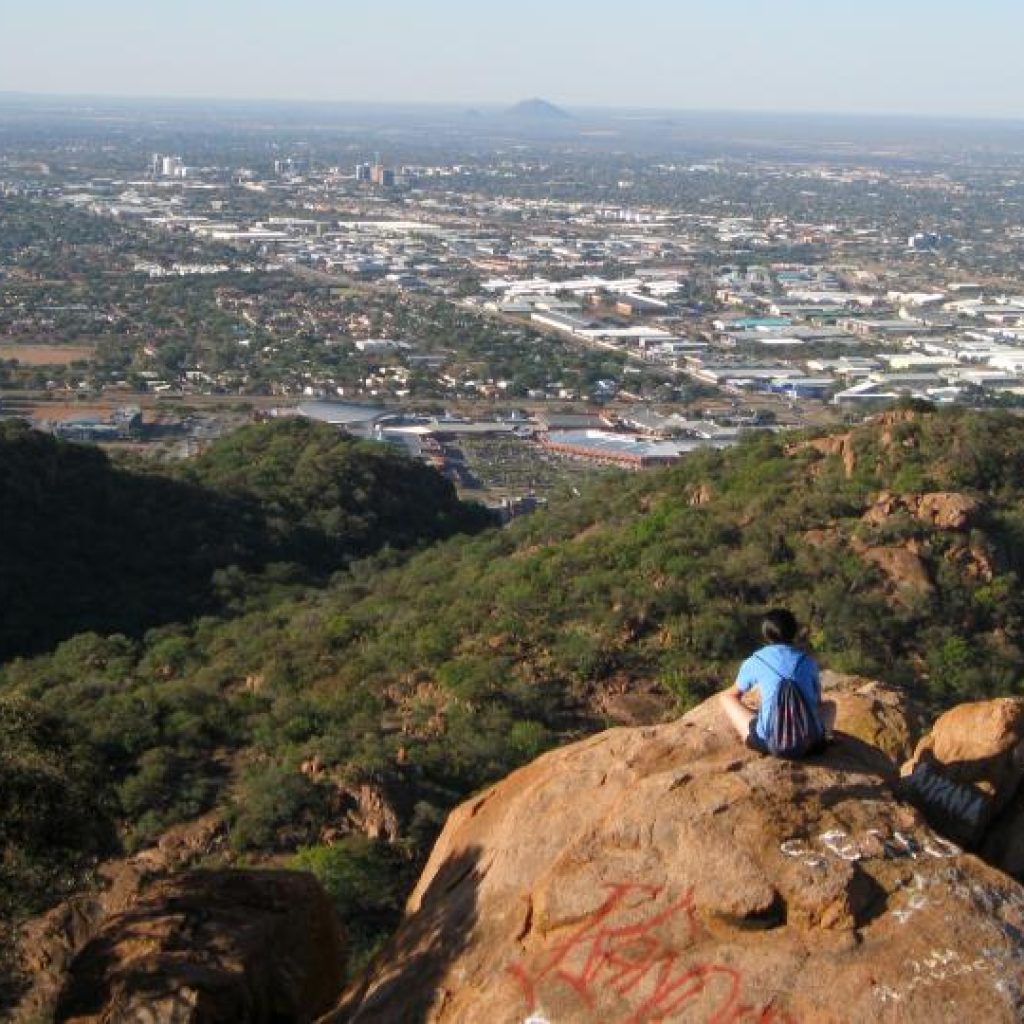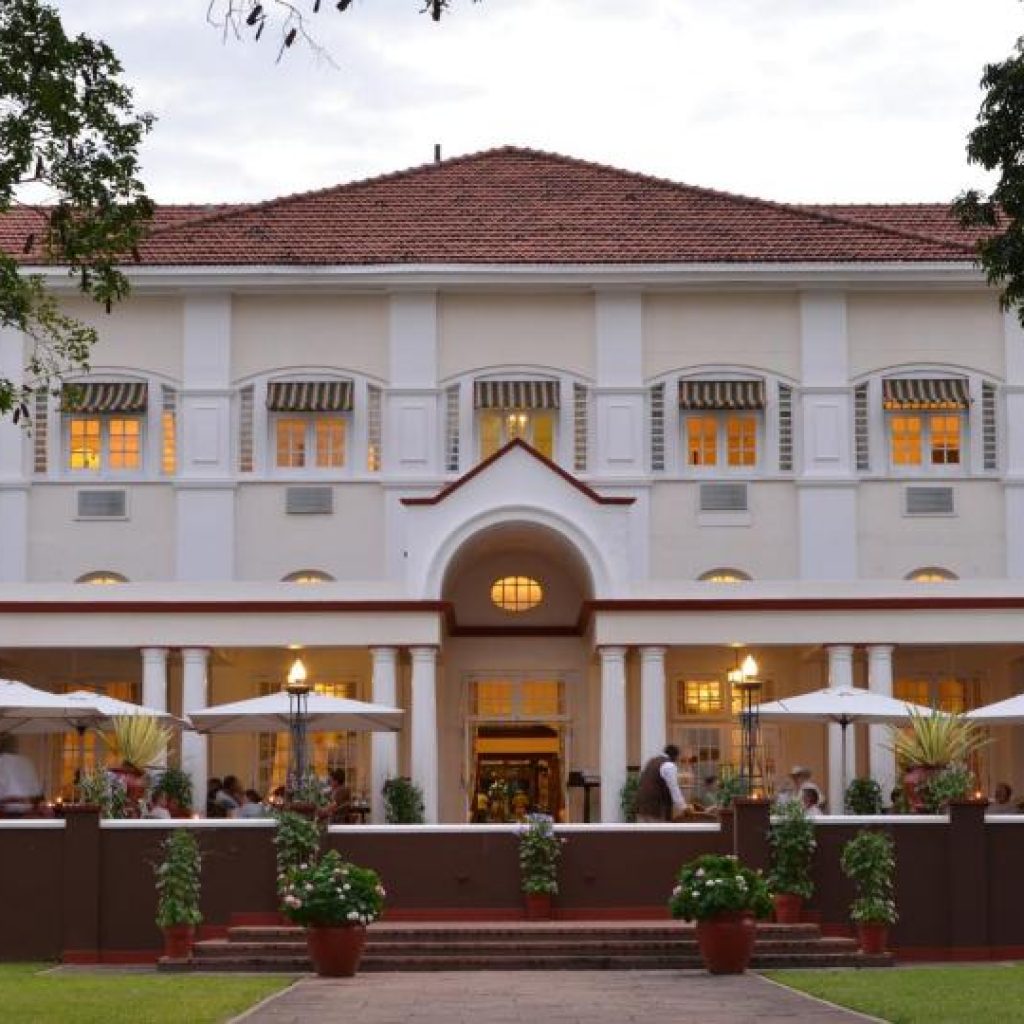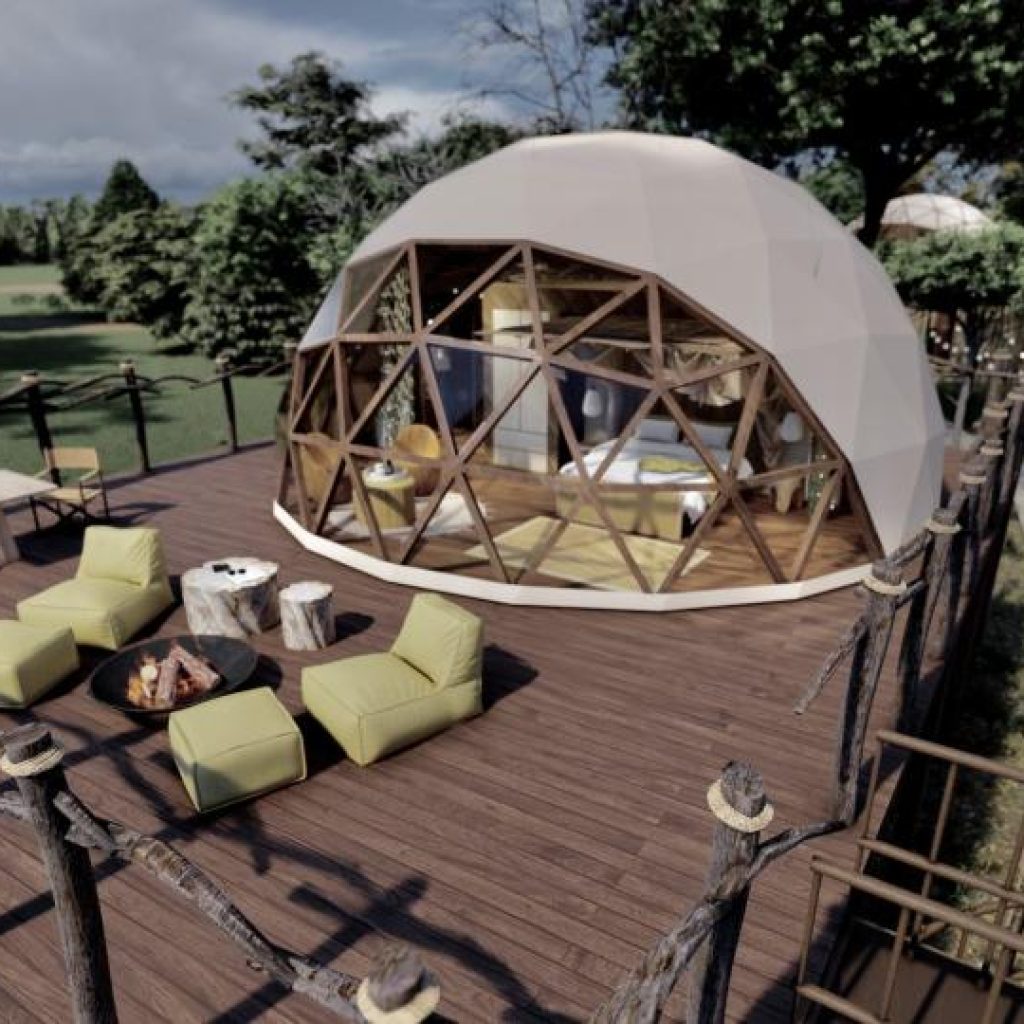
Cable Cars Botswana (CCB) has revealed ambitious plans for the installation of cable cars in the southern region of Gaborone, atop the scenic Kgale Hill. The cable cars will offer an exciting urban adventure, providing visitors with panoramic views of Gaborone and its surroundings.
In 2019, CCB initially tried to launch cable cars in Chobe National Park on Sedudu Island, aiming to ease congestion and enhance tourism without compromising the environment. However, the venture faced challenges related to government policies on preserving national parks’ natural integrity, which discouraged any developments within the park.
The company then redirected the initiative to Gaborone with the aim of encouraging local tourism and attracting international visitors.
Odirile Kaang, Director of CCB, explained that the plan was not to abandon the Chobe National Park project entirely. The government has shown flexibility by amending certain policies, paving the way for the return of cable cars to Chobe National Park.
The forthcoming cable car route in Gaborone will connect the Game City Mall, a kilometre from the proposed upper station, which is 1.2 km above sea level. The proposed Cabrio system from Switzerland is expected to transport about 60 tourists per trip, with 30 on the upper deck and 30 in the lower chamber. The journey covers a scenic one kilometre to reach the summit of Kgale Hill, where the upper station will be constructed.
The lower station will feature a coffee shop and ticket booth, and the upper station will have a revolving restaurant, a sky bridge, an infinity pool, a gym, curio shops, a conference centre, and an event park. The additional facilities are designed to enhance tourism and enliven the capital city, which currently lacks significant attractions.
The company is actively seeking interested partners and investors to collaborate on the project. By February, CCB anticipates completing the design phase, obtaining necessary licences, and preparing to offer package deals. Construction of the facilities is scheduled to commence in early 2025.






About The Author: David DiGregorio
More posts by David DiGregorio